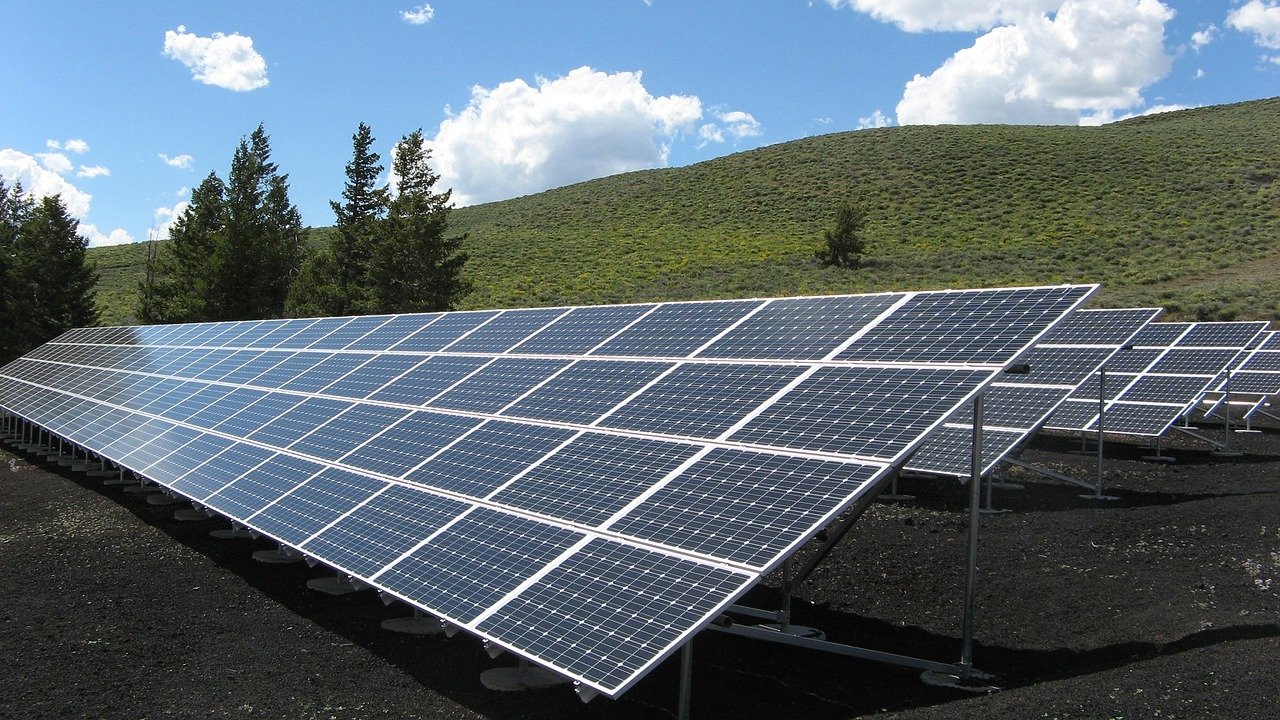With the exponential growth of solar power, and renewable energy as a whole, in recent decades, the methods of delivering solar energy to consumers have also grown and diversified. One such accessible avenue to clean, renewable, cost-efficient solar energy is a Solar Power Purchase Agreement (PPA).
Solar Power Purchase Agreements
A solar power purchase agreement is, as the name would suggest, an agreement between the involved parties—namely, the solar developer and the consumer/host. The agreement sees the solar developer take care of the solar panel installation, on the customer’s property, from start to finish. Everything from designs/plans, permits, financing and, of course, the installation, is covered by the developer. The installation of the solar system comes at little cost, or even no cost, to the energy consumer in question. Essentially, the consumer/host, is purchasing the services of the solar system, as opposed to the solar system itself.
How does a Solar Power Purchase Agreement work?
So, as noted above, the solar developer takes care of the entire solar panel installation process. The benefit for the consumer comes in the shape of a reduced energy cost. The aforementioned developer—the owner of the system—sells the electricity generated by the solar array to the consumer at a fixed rate, typically lower than the rate on offer from the customer’s utility company. This clearly benefits the consumer by giving them access to stable, cheap energy for the duration of the PPA, which is generally somewhere between 10 and 25 years. Through the provision of this cheaper energy, the developer is offsetting the consumer’s purchase of grid electricity.
The solar developer benefits from the PPA by receiving the income from this sale of energy to the consumer. In addition, as the owner of the solar system, the developer avails of any tax credits, incentives, or rebates associated with the solar array. Of course, the solar developer also remains responsible for the system throughout its lifetime, taking care of all operations & maintenance. Depending on the specific power purchase agreement, a consumer may have a number of options at the end of the agreement. Possibilities include an extension of the contract, the removal of the system, and the purchase of the system from the developer.
The following image, courtesy of the Solar Energy Industries Association (SEIA) outlines the relationship between the two main parties in a PPA—the developer and the consumer/host—as well as the utility company.
Benefits of a Solar Power Purchase Agreement
A solar power purchase agreement can be an excellent option for a lot of people, as it removes a number of the barriers commonly associated with the outright purchase of a solar system for a residential or commercial property, making the process simple and affordable. These solar PPA benefits include:
- No/Minimal Upfront Costs: A solar power purchase agreement provides an immediate payoff for the host/energy consumer. As the developer takes care of all financing, procurement, and installation, the customer simply goes solar and begins saving on their energy bill as soon as the system is up-and-running.
- Cheaper Energy: There are two typical pricing plans for a solar power purchase agreement and both lead to energy cost savings for the customer. The first option is a fixed escalator plan, where the energy price rises at a predetermined rate—generally between 2% and 5%—for the consumer. This rate is usually lower than projected utility rate increases. The second option is a fixed rate plan, where the price remains constant for the duration of the PPA. This allows for huge savings versus increasing utility rates year-on-year.
- Low Risk: The solar developer is completely responsible for all system performance and maintenance, taking on all the risk and alleviating the consumer/host of any responsibility for the solar system.
- Increased Property Value: Solar panels have been shown to contribute to an increase in property value and a solar power purchase is a long-term, transferable agreement. Therefore, if a consumer/host was to sell their property, they would benefit from the solar-related increase in property value without even owning the system themselves.
- Tax Credit Leverage: Solar developers are more capable of utilizing tax credits to reduce the overall cost of a solar system, compared to a typical solar energy consumer. This means a solar power purchase agreement is ideally positioned to avail of these tax credits.
Things to Consider with a Solar Power Purchase Agreement
While a solar power purchase agreement provides an excellent avenue to solar savings and reduced energy bills for the majority of hosts/consumers, certain issues may arise for a select few when considering a PPA:
- Solar Renewable Energy Credits: Generally for a power purchase agreement, SRECs (explained here) are owned by the developer. Be sure to clarify ownership of SRECs ahead of the PPA, and clearly understand the implications of SRECs in terms of ownership and price.
- Financing: A solar power purchase agreement has advantages in terms of accessibility and immediate savings, as well as other benefits outlined above, but there are also upsides to purchasing a solar panel system outright. Make sure you consider all your options before committing to anything.
- Site: The solar developer is responsible for the entire installation process, as well as all O&M after install, but, in certain cases, the host may need to invest in their property to make the installation possible.
- Property Taxes: As noted in the benefits section, a solar panel installation can boost property value. However, property taxes may also increase as a result. Of course, this will vary from state-to-state owing to different policies and regulations. Consult a tax professional for clarity on this issue ahead of any solar power purchase agreement.
To learn more about solar power purchase agreements, or even pursue a PPA yourself, contact YSG Solar today at 212.389.9215.
Don’t forget to follow YSG Solar on Twitter, Instagram, Facebook + LinkedIn for all the latest from the world of solar power and renewable energy.
By Shane Croghan
Sources:
https://www.seia.org/research-resources/solar-power-purchase-agreements
https://www.epa.gov/greenpower/solar-power-purchase-agreements
https://www.energysage.com/solar/financing/solar-leases-and-solar-ppas/

